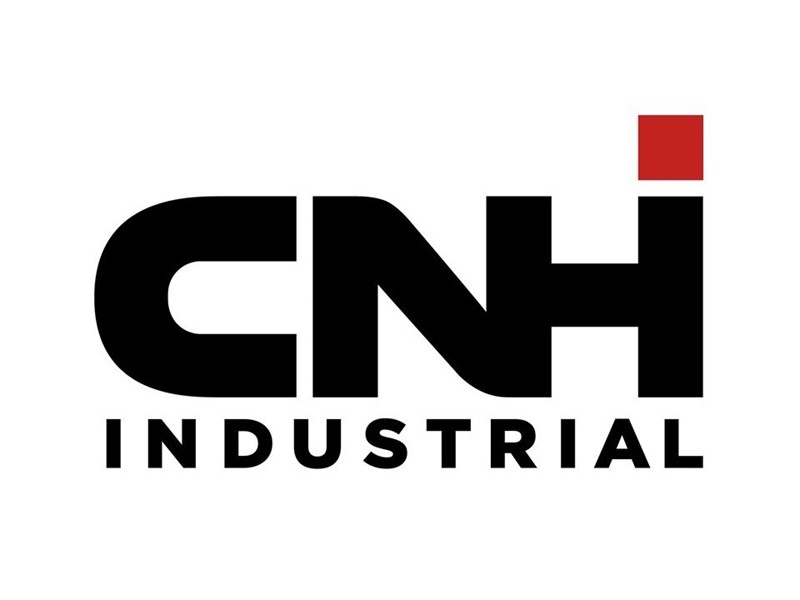Anonymous Distributor
Small businesses form the backbone of the U.S. economy. In the United States alone, there are nearly 30 million small businesses, and it is important that they continue to emerge year after year, as we need them in order to keep local economies flowing and ensure our survival. Some of these businesses get very large and some stay very small, and that’s okay; with the exception of a few large brick-and-mortar and online parts stores, most outdoor power equipment dealerships are small businesses and will remain that way. A successful small business consists of many working pieces, so it’s important to manage all of them properly. Best-selling author Seth Godin recently offered the following advice to small business owners when it comes to finding, leading, and managing employees.
How do you find, lead, and manage employees in a tiny business (two to nine people)?
This is an organization that’s bigger than a solo operation, but it almost certainly involves everyone reporting to the boss.
Consider three options:
A team of equals: This is an organization staffed with people who have particular skills, skills that you don’t have. This is the Beatles. Or a three-person design firm in which each person is more skilled than the others in a specialty.
These organizations will never get big, and that’s fine. They are cooperatives of artisans, and two things have to happen for them to work. First, team members have to be truly gifted, as the entire enterprise depends on the unique qualities of each individual. That means that hiring and ongoing improvement are essential. Second, the ‘boss’ has to be a coordinator, not an iron-fisted dictator.
The pitfall: Sometimes, talented equals forget that the key to their job is coordination, which often means letting someone else lead. And sometimes, talented people come to believe that being a prima donna makes one more talented.
Fellow travelers: This is a group of people with similar goals, approaches and perceptions. As a result, the boss can say, “use your best judgment” and the right thing happens. This group is led more than managed. The good news is that it’s possible to train people to see and to care.
The pitfall: This isn’t fast, easy or cheap. Businesses often fail to spend the time and money to recruit, hire, and train fellow travelers, instead, hiring what they can and then being disappointed when they try to lead.
Industrialized employees: These are cogs in the system, people who want to be told what to do, who are hired and trained to obey. These are jobs that get outsourced or people who work cheap. This team needs a manager, a manager patient enough to instruct, teach, and measure.
The pitfall: Sometimes, the boss is also busy getting new business, inventing new products, and generally engaged outside the organization. As a result, he is hoping that he’s the leader of fellow travelers, but of course he never built that organization, so he’s disappointed, over and over.
What it all boils down to is putting together a good team, and then making sure that everyone stays on the same page and sticks to the job that they were hired for. Coming up with new ideas and being innovative are important. However, as Godin noted, “being a prima donna” doesn’t necessarily add to the effectiveness or successfulness of the business. In my opinion, everything in a business, small or large, starts with management.



